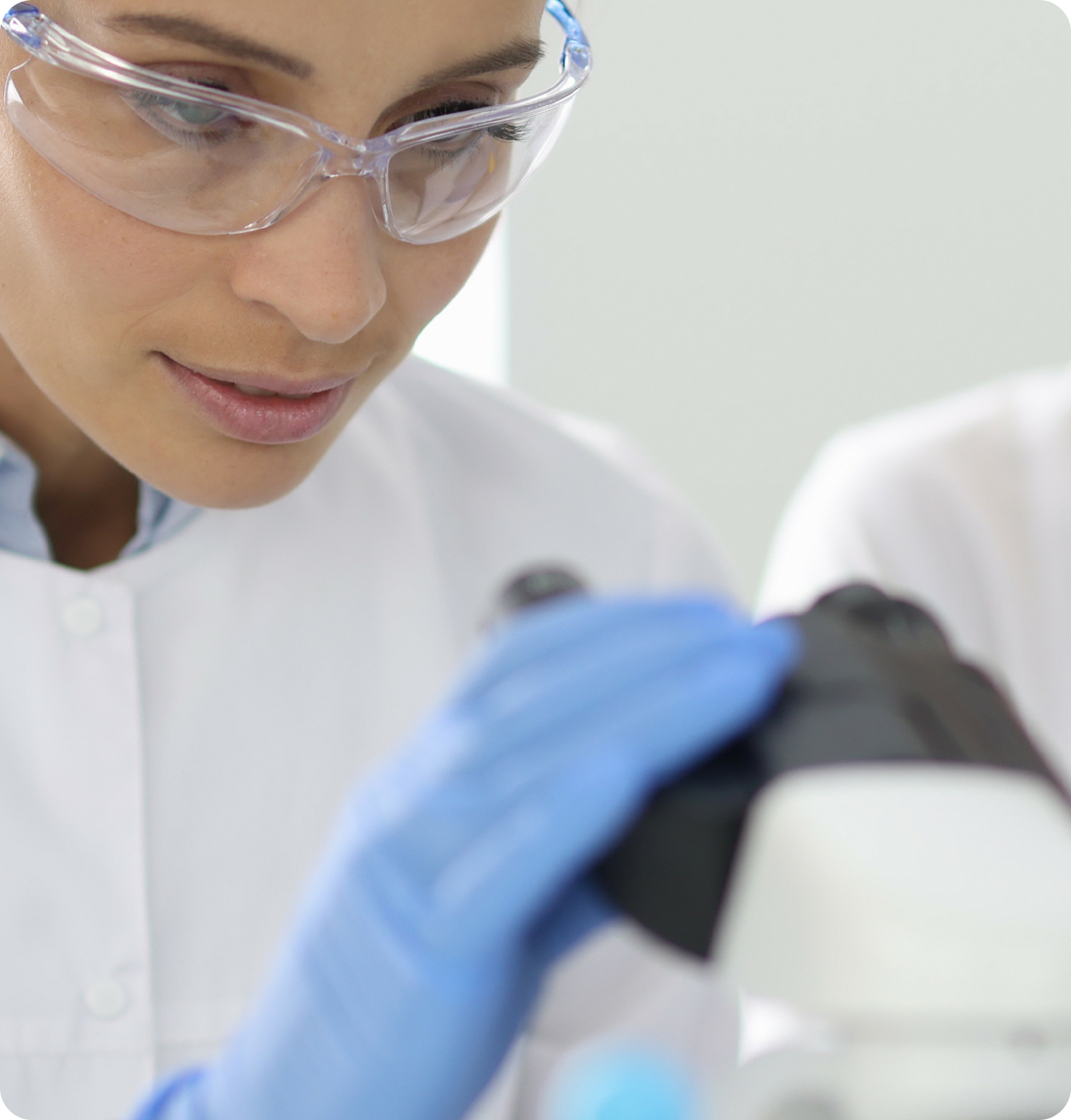About



Andy Hill CARE Fund promotes cancer research and improves health outcomes in Washington.
Learn More- Who We Are
-
Meet the Team
-
Board Meetings
- Strategic Plans
-
Careers and Contract Opportunities
- Public Disclosure
Apply for Funding



CARE Fund grants are designed to promote cancer research led by public and private entities conducting cancer research in Washington State.
Get Started
About
- Who We Are
-
Meet the Team
-
Board Meetings
- Strategic Plans
-
Careers and Contract Opportunities
- Public Disclosure

Apply for Funding